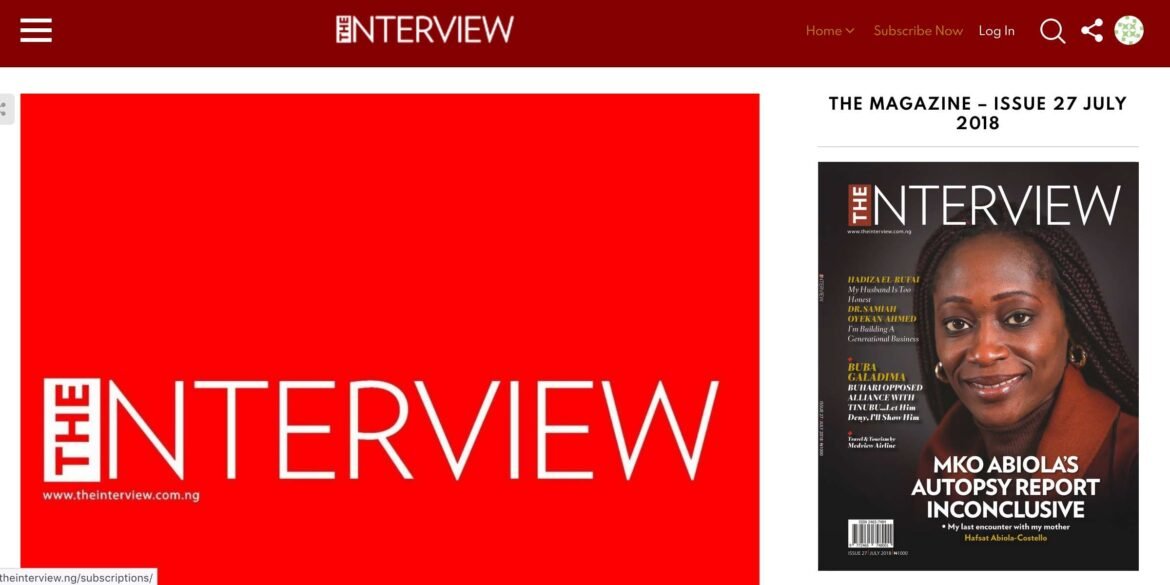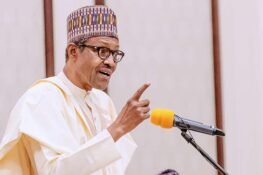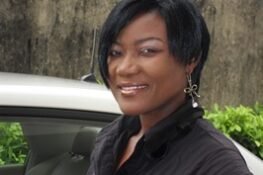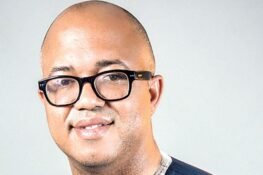This time last year, we were in a frantic mode. We were in the thick of preparations to mark the one-year anniversary of The Interview. There were those who thought we should wait till we are five – or even ten – before cutting a ribbon.
They had good reasons. According to a number of studies, many small businesses die young. This was how an article in smallbusiness.co.uk described it: “Small business survival rates are as high as 91 per cent after one year of trading, but after five years just four in ten small businesses will still be trading.”
If this is the report in the UK where small businesses often get most of the support they need to start and grow, your guess is as good as mine what the mortality rate of small businesses is in a hostile environment like ours.
It made sense to wait and see, but we were determined to buck the odds. So this time last year, we rolled out the drums and marked our first anniversary with a lecture that reflected the dangerous path we had chosen to tread: “Why small businesses fail and how to save them.”
We were convinced that by lending a voice to this important subject we would not only be contributing to solving a serious national problem, we would also be investing in our long-term survival.
Vice President Yemi Osinbajo and Katsina State Governor Aminu Bello Masari headlined the collection of distinguished guests.
I’m glad we marked our anniversary the way we did, taking advantage of some of the insights provided by participants at the lecture and well-wishers some of who have passed this way before.
As we turned two this August, for example, Rain Oil entered its 20th year. Among the unforgettable lessons that the group managing director of Rain Oil, Mr. Gabriel Ogbechie, shared at the lecture last year were the virtues of persistence and prudence.
That was how Rain Oil grew from one LPO that Ogbechie literally extracted at gunpoint to supply 30,000 litres of diesel, to one of the largest indigenous oil marketing companies today.
It’s not an easy road, especially for a business born on the eve of an economic recession, such as The Interview.
Sometimes, there’s a thin line separating persistence from perilousness; like when you send hundreds of copies of the magazine to agents and distributors, who sell them and keep both the commission and the proceeds from the sales and yet you can’t cut them off because you can’t sell all the copies yourself.
Or when you find on the streets that “unknown persons” had altered the cover price of the magazine, sometimes by 100 per cent, yet no vendor is willing to accept they did it but still expect to receive the next month’s supply on credit.
At The Interview, we learnt prudence early on: this magazine is produced by a team of four or five; we have no official vehicles; no distribution vans; no dispatch riders; no messengers, and no drivers. We’re driven by necessity.
But no matter how brutally you cut costs, recession is a Master Class even for the prudent. Costs have gone up as bread-and-butter issues have affected copy sales. But these adversities have also forced us to innovate, retooling our business model and revamping our content.
Two years ago when former Cross Rivers State governor, Donald Duke, made the cover of our debut edition, we promised to be a publication of value, one that will leave no honest questions unasked.
A number of the older titles were folding and copy sales were falling but we saw a gap that we were determined to fill.
In the last two years, we have had some of the most wide-ranging interviews, covering three presidents and Africa’s first Nobel Prize laureate in Literature.
It’s not just the number of interviews; it’s also been about resonance and impact. Our interview with former military president, General Ibrahim Babangida, headlined many news platforms for weeks.
Our July 2016 issue featuring President Muhammadu Buhari was as controversial as it was riveting and our online Q & A with Nobel Prize laureate, Professor Wole Soyinka, over Donald Trump’s unexpected victory in the U.S. election set off a firestorm that raged and raged.
One of the biggest surprises, so far, has been our July 2017 interview with Ekiti State Governor Ayodele Fayose. The governor did not only stir the hornet’s nest, he stirred the markets to snap up copies, forcing us to reprint days after releasing the edition.
Yet two years on, we acknowledge that the journey has only just started. We are grateful to those who have granted us interviews and sources that have helped us to open doors.
We are also grateful to our editorial contributors and to those who have criticized the magazine and suggested areas of improvement. We’re grateful to subscribers who have put their money where their mouth is.
Without our advertising partners, it would have been a mission impossible. We’re particularly grateful to Cleanserve Energy, Rain Oil, the Federal Road Safety Commission, the Economic and Financial Crimes Commission and First Bank, among others.
We remember one of our earliest partners – Arik Air – an airline whose odyssey in the tenth year of its existence epitomizes the perils of start-ups, especially in developing countries.
Long may The Interview live our collective dreams to fulfill!








